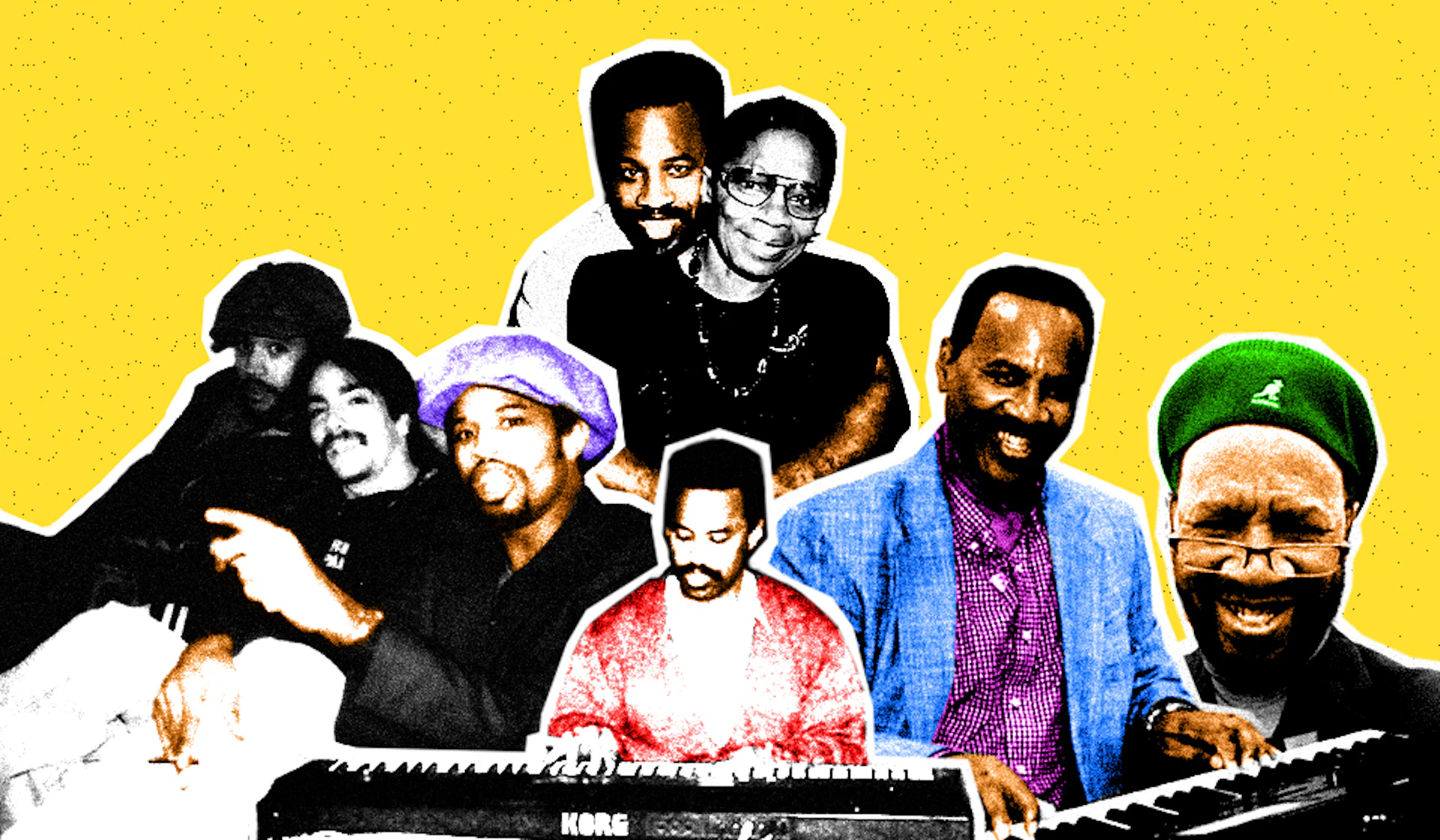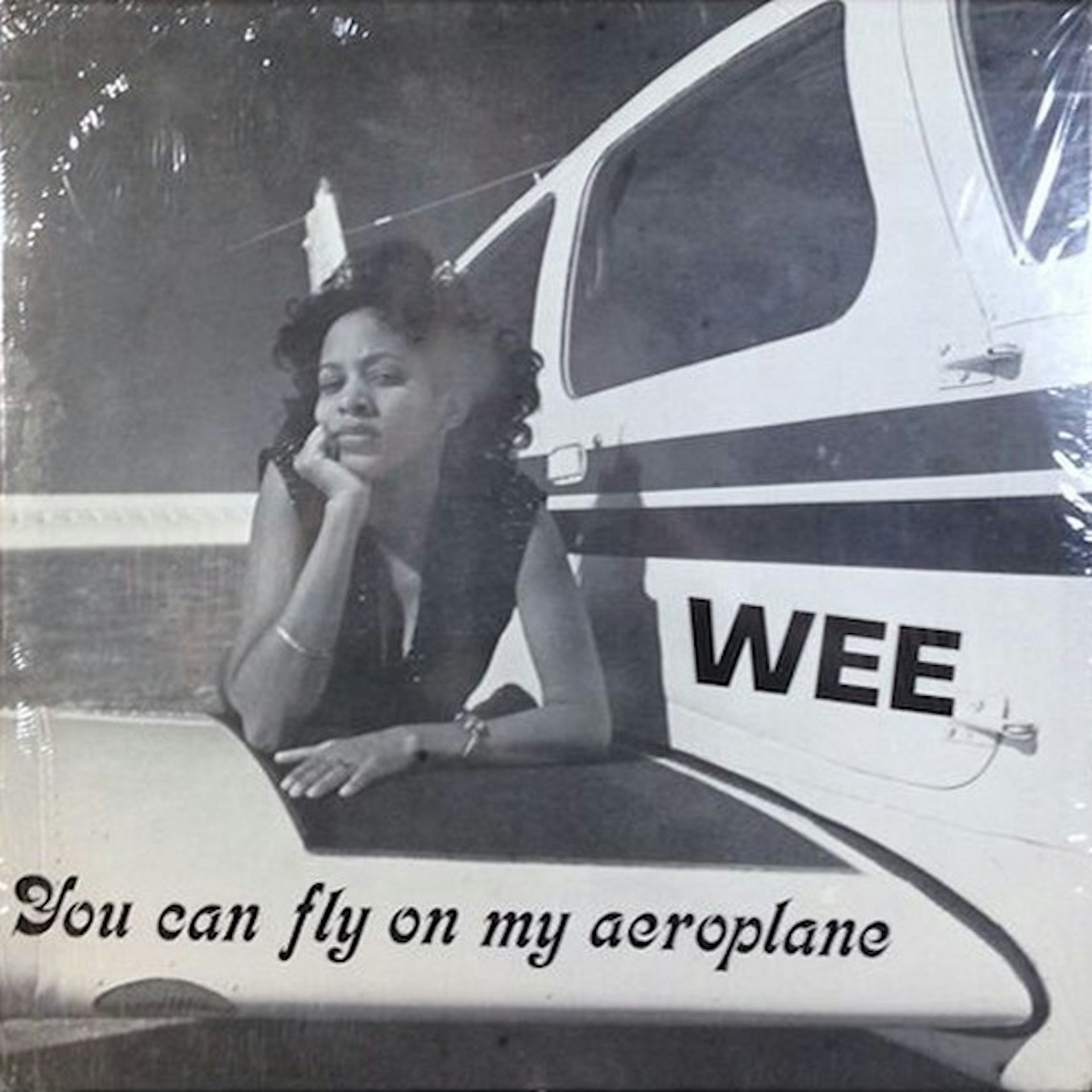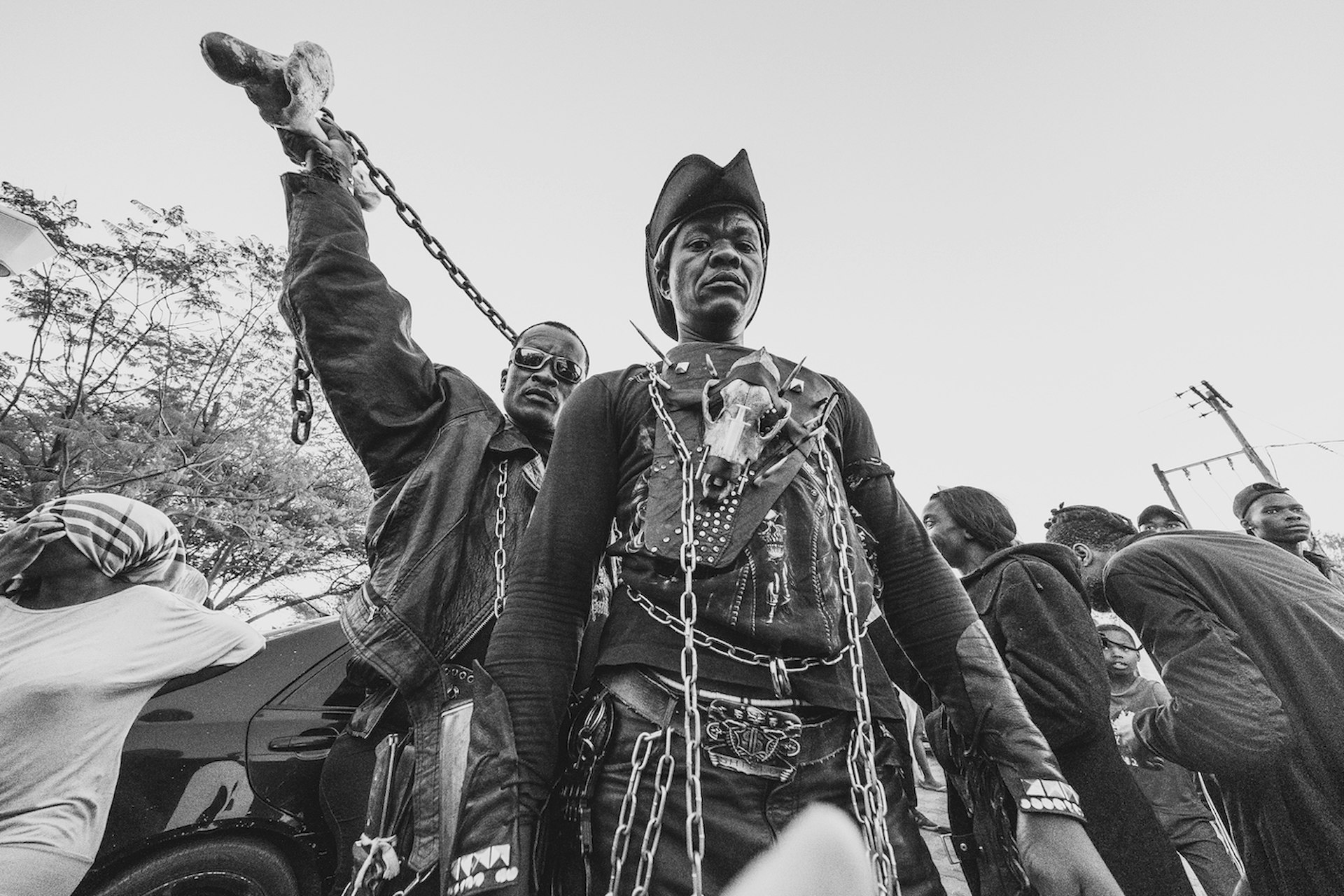
The soul singer who was rediscovered behind bars
- Text by Thomas Hobbs
- Illustrations by Kay Ogundimu. Images courtesy Norman Whiteside
Friedrich Nietzsche once said that “Generally speaking, punishment makes men hard and cold. It sharpens their feelings of alienation.” This notion couldn’t be further from the truth when it comes to 69-year-old Norman Whiteside, a veteran soul singer from Columbus, Ohio, who shows no signs of bitterness despite losing 31 years to a highly contentious conviction.
He talks to Huck about his future with the giddy excitement of a student speaking at their graduation dinner. “When people see the spring in my step and the way I am still making music, they find it hard to believe I ever went to prison,” Whiteside says down the phone. “As far as I’m concerned, I’ve never been to prison; only physically. My mind, my heart, and my soul were always free.”
If the name Norman Whiteside isn’t familiar, his music might just be. Back in 1977, the former street hustler used profits made from the drug game to invest in studio time at the local Owl Studios. It resulted in You Can Fly On My Aeroplane, a lovelorn, underground soul masterpiece that’s been prominently sampled in notable songs by artists as diverse as Frank Ocean, Jay Electronica, Freddie Gibbs, Kanye West, Hudson Mohawke, Talib Kweli and Logic. Each was alerted to the record when it was re-released onto streaming platforms in 2008 by The Numero Group, a Chicago-based label that has given Norman Whiteside’s music a second wind.
With anguished synths clearly designed to replicate the sound of somebody crying (‘Alone’), confessional lyrics that shift between self-doubt and cheeky sex innuendos about lovers who “orbit the planet love”, and sprawling psychedelic arrangements, this concept record’s sheer ambition has made it a favourite among rap producers on the hunt for a smooth sample.
Released under the moniker Wee, You Can Fly On My Aeroplane was sung, written, composed and arranged by Whiteside. He saw himself as the successor to Sly Stone and Stevie Wonder, and was convinced the record’s tender, effeminate vocals contained an empathy capable of fixing a million broken hearts. However, when Whiteside was controversially charged with conspiracy to commit aggravated murder following the 1982 death of 18-year-old Laura Carter (a Denison University student who tragically caught a stray bullet while driving past a gang shootout on Columbus’ E. Broad Street), any dreams of becoming a mainstream success were over.
It didn’t matter that the evidence clearly showed the artist was never at the scene of the crime and hadn’t actually fired a weapon, the fact that Whiteside – known locally as an open-hearted eccentric who’d help just about anyone in a time of crisis – took a phone call from one of the assailants was perceived by jurors as proof of his guilt. “All I did was answer the telephone and try to show compassion. Answering that phone got me 31 years in prison!”
Back in the 1980s, Whiteside says Columbus was a “scary environment, bereft of opportunity”, especially if you were young, poor, and Black. The struggling artist, who grew up so poor that he had no choice but to wear hand-me-down shoes too big and held together by tape (causing a foot deformity in later life), returned to petty crime in order to fund his musical ambitions. Whiteside’s subsequent return to a social circle including drug dealers, thieves and street walkers was twisted in the courtroom as the behaviour of a menacing criminal, rather than an act of desperation. He was sentenced to between 14 to 50 years in prison.
“This was a high-profile case and the judge was under pressure to lock up every ni**a with even a loose connection to the suspects,” Whiteside claims. “Remember: it is much easier for them to throw a Black person from the ghetto on top of the dust heap of humanity than it is someone who has money. That’s still the case today.”
Whiteside’s rise to fame behind bars (Kanye West’s ‘Bound 2’ earned Whiteside a Grammy nomination while he sat in prison) has been documented before, these samples acting as the fuel that helped the singer-songwriter finally get released back in September 2016. But now, in 2023, Whiteside is hoping to let more light into his legacy, so people don’t look at his life in tragic terms – and, he wants to prove age hasn’t dampened his abilities.
He’s currently fighting hard to find distribution for an unreleased record, and given the obvious quality of this new material, it would be a crime if it didn’t see the light of day. Tender new song ‘When You’re Not There’ proves Whiteside still understands heartbreak on a philosophical level, the song referencing thoughts that “seem so out of time” – a reference to days when his mind used to wander during lost hours sat in solitary confinement.

You Can Fly On My Aeroplane (1977)
Whiteside is still hitting falsettos for fun and bending keys in his trademark style. This is evident in the jolly optimism of ‘Dah Day Dah’, another new knockout song that contains a line about “jumping over the moon” and hints at a man finally enjoying his life after years of setbacks. “With a song like ‘Dah Day Dah’, I wanted to make the soul equivalent of Willy Wonka’s Chocolate Factory; it’s a song about losing yourself to magic. On the hook I’m just repeating the words ‘dah dah dah’, but I wanted to show the joys of doodling with your voice. It’s a song that reflects the happiness that’s now in my life.”
Although it’s still “early days”, Whiteside says he has recently found love with someone who feels like a “soul mate”. He also recorded an upcoming episode of The Midnight Miracle, a podcast hosted by comedian Dave Chappelle alongside rap legends Mos Def and Talib Kweli. “For people like Dave Chappelle and Mos Def to talk to me for 90 minutes about my career and how much they appreciated You Can Fly On My Aeroplane!? Wow. It blew my mind,” Whiteside explains.
“It gave me hope that my career is only just starting: why can’t a Black man in his ’70s still have hit records? Tina Turner did it. I can do it too.”
Although rap sampling undoubtedly changed his life, Whiteside says he’d also like to wake people up to its shortfalls. Rap producer The Alchemist sampled Whiteside’s ‘Alone (Reprise)’ for Freddie Gibbs’ Grammy-nominated ‘Scottie Beam’, a 2020 gangster rap song which featured Rick Ross. In the song’s music video there’s a disclaimer that reads: “Music by The Alchemist”, a decision that clearly irked the soul legend.
“All the music you hear on ‘Scottie Beam’ was played and composed by me! Compare the two songs and you can see The Alchemist didn’t play one note. I could understand if he had added something to it, but what did he really do? It’s shameful.” Whiteside, anger uncharacteristically creeping into his voice for the first time, continues: “If Betty Crocker makes a cake and I take a slice of that cake, that doesn’t mean I can lie to people and tell them it was baked completely by me.”
Aside from the new music, Whiteside says he’s dedicating his energy to the Universal Support Network (USN), an organisation he created back in 2013 to provide male prisoners with legal support and coping strategies so they can stay on top of their mental health while stuck inside a 6×8 feet cell. A regular USN newsletter that Whiteside writes himself reaches 400 prisoners across the United States. He’s confident that his 70s will be the most productive decade yet.
The veteran artist concludes: “I am thankful and blessed that I’m a year shy of 70 and my voice still hasn’t really changed since 1977! God blessed me. I still have that hunger to create new sounds that people haven’t heard before. I don’t feel afraid anymore… it’s a beautiful feeling.”
Follow Thomas Hobbs on Twitter.
Enjoyed this article? Like Huck on Facebook or follow us on Twitter.
